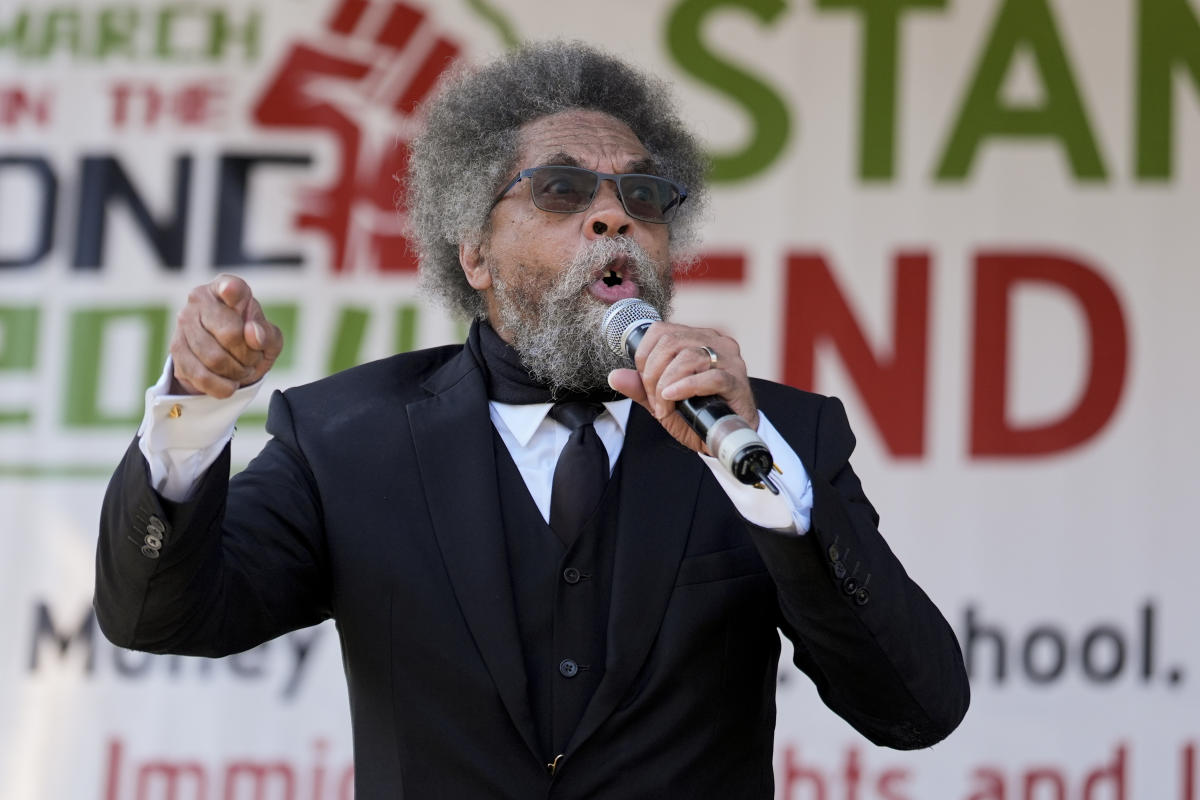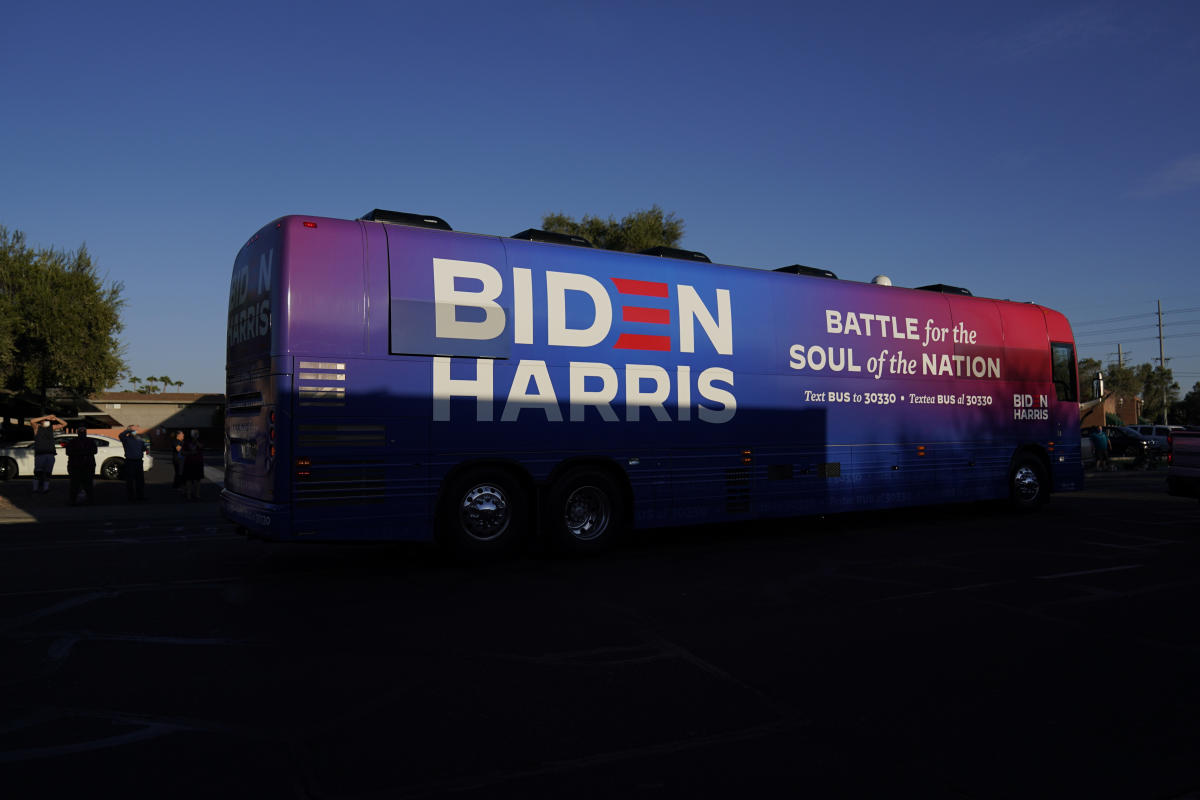HARRISBURG, Pa. (AP) — Pennsylvania Democrats have won legal challenges to keep the left-wing Socialist and Liberation Party out of the state’s presidential race, at least for now. Meanwhile, a lawyer with close ties to the Republican Party is working to get independent candidate Cornel West on the ballot.
The lawsuits are part of a series of partisan legal maneuvers targeting third-party candidates seeking to get on the Pennsylvania ballot, including an ongoing case by Democrats challenging the filing in Pennsylvania by independent presidential candidate Robert F. Kennedy Jr.
A Commonwealth judge on Tuesday agreed with two objections from the Democratic Party, ruling that the Socialist and Liberation Party’s filings were seriously flawed and banning the party’s presidential candidate, Claudia De la Cruz, from appearing on the Nov. 5 ballot in Pennsylvania.
Seven of the party’s 19 presidential electors named in the papers were registered Democrats, violating a political disaffiliation provision of the law, Judge Bonnie Brigance Leadbetter wrote. Six voted in the April 23 Democratic primary.
“They literally voted in the Democratic primary and then turned around and became electors for a third-party candidate,” said Adam Bonin, a lawyer affiliated with the Democratic Party who filed one of the challenges. “You can’t do that.”
The Party for Socialism and Liberation has not yet announced whether it will appeal.
Meanwhile, an attorney with longstanding ties to Republican candidates and causes went to court to argue that the secretary of state’s office under Democratic Gov. Josh Shapiro wrongly rejected West’s documents.
The secretary of state’s office is contesting the legal challenge, saying the papers do not include the required declarations for 14 of the 19 presidential electors by the Aug. 1 deadline. A broader effort by conservative and Republican activists is underway across the country to promote the candidacy of the left-wing academic.
The November 5 election between Republican candidate Donald Trump and Democratic candidate Kamala Harris is expected to be close in Pennsylvania. Pennsylvania has 19 electoral votes, tied for fifth place with Illinois. It is likely the highest number of votes of all the swing states.
Republicans and Democrats see third-party candidates as a threat to the critical support of their nominees, especially since Pennsylvania was carried by Democrat Joe Biden by a margin of tens of thousands of votes in 2020 and by Trump in 2016.
Jill Stein of the Green Party and Chase Oliver of the Libertarian Party filed petitions to get on the Pennsylvania presidential ballot uncontested.
The Democratic challenge to Kennedy is still pending, as is the challenge from Republicans of the Constitution Party. The Republicans have already won a challenge from the American Solidarity Party candidate.
In challenging De la Cruz, the judge cited a provision of state law that prohibits minor party candidates from registering with a major political party within 30 days of that year’s primary election.
Leadbetter, who is elected as a Republican, said it is clear that seven of the party’s 19 nominated presidential candidates were registered as Democrats both before and after the April 23 Pennsylvania primary.
De la Cruz’s lawyers argued that the party should be able to appoint new electors or simply accept only 12 of Pennsylvania’s 19 electors.
Leadbetter wrote, however, that Pennsylvania law does not allow for post-deadline substitution in these situations, and that the U.S. Constitution provides for specific proportional representation among states in the Electoral College. Awarding fewer electors, even in just one state, would undermine that proportionality.
___
Follow Marc Levy at https://x.com/timelywriter.




